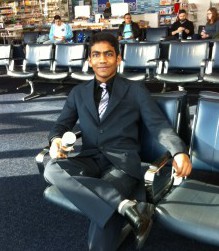 Kawkab Abid, a senior at International High School at LaGuardia Community College, arrived in Brooklyn from Bangladesh with his family when he was 13. As a high school junior, he was accepted into our Workforce Investment Act youth program, an income-based program that provides job readiness training and internships. Kawkab, whose village in Bangladesh was devastated by typhoons, now plans to become an engineer to help communities like his rebuild and grow stronger. In March, he was one of 13 high school students awarded a prestigious New York Times college scholarship. Kawkab is currently finishing high school and deciding where he will attend college.
Kawkab Abid, a senior at International High School at LaGuardia Community College, arrived in Brooklyn from Bangladesh with his family when he was 13. As a high school junior, he was accepted into our Workforce Investment Act youth program, an income-based program that provides job readiness training and internships. Kawkab, whose village in Bangladesh was devastated by typhoons, now plans to become an engineer to help communities like his rebuild and grow stronger. In March, he was one of 13 high school students awarded a prestigious New York Times college scholarship. Kawkab is currently finishing high school and deciding where he will attend college.
Here, Kawkab describes his long journey from his village of Meherpur, Bangladesh, to a high school in Queens–and how his past has shaped his plans for the future.
Congratulations, Abid!
At 5:00 am, dragging myself from the bed to the window, I saw the sweet morning with its natural beauty–tall gracious trees, and neatly cut grass that lead into the calm, flowing river. Along the shoreline, I gazed deeply into the water, searching for energy. Directly beyond the river’s edge, I noticed the locals were getting ready for their daily earnings. A rainstorm of the previous night devastated my crestfallen neighbors’ house. Water leaked into the weak walls and heavy winds forced them to the ground and demolished my next door resident, Mr. Karim’s, house completely. He needed to find materials, no matter the quality, to repair his house because he had his family’s welfare to consider. We all lost something that night, especially Mr. Karim. Regardless of what was damaged in Meherpur from the violent storm, everyone became destitute afterwards.
Despite experiencing poverty firsthand in Bangladesh, we tried to recover and rebuild our community. A year later, another typhoon arrived and literally destroyed everyone’s house. The ravages of nature became more onerous due to our poor economic situation. Worrying about our daily survival, we found it difficult to conceptualize a future without assistance because of our lack of education and economic resources. We neither knew where to get our next meal, nor how to fix the roof over our heads. At that time, understanding the difficulty my parents and neighbors faced, thinking about a career to pursue in life became impossible. Yet I realized education would be the redeeming factor necessary for my community and family in the future.
From that point, I motivated myself in my studies to get out from our shared poverty. Living in Meherpur, a small rural town, earning high grades became the only means of escaping destitution. This intention made me work hard in my studies and value learning because not everyone had the good fortune to attend school. My academic life began with low scores and me playing the dunce. However, by middle school, the environment of my classroom transformed into a full-on competition, with pupils wielding equations and vocabulary words like weapons. Eventually, I learned to crunch numbers and crank out essays as if they were newspaper articles due the next morning.
Entering the sixth grade, my teacher discussed future careers. While everyone shouted about medical and business fields, I imagined my community where I was an eyewitness to Karim’s situation. He could neither financially afford to buy a new house nor find a good engineer to get a proper idea to reconstruct his flattened home. Thinking about everyone’s hardships, I loudly said in the classroom, “I don’t want be a doctor or a businessman. I want to be an engineer!” Returning home from school, I shared my intended academic goals with my parents and my father joyfully informed me about the amazing opportunity that my family had received.
Arriving in the United States with my family in 2010, I was admitted to middle school. At I.S. 349, I was exposed to computers for the first time in my life. Taking an elective computer class after entering International High School, my knowledge of computers increased since many courses required using technology in different manners. I integrated many disciplines into my learning because the common denominator was the computer. Therefore, as I gained more experience in education, pursuing a major related to mathematics and technology seemed natural. In high school, I took college classes in computer science and calculus. This exposure further solidified my desire to enter the field of engineering.
The days of waking up in poverty are still clear in my memory but it frustrates me to know that I was one of the lucky few who escaped from the hardships. If the goal of my education is only to make a name for myself and maintain a high salary, my life would be meaningless. In my profession, I want to work for a non-profit computer engineering firm that has interdisciplinary projects with the common theme of development and integration of computer technology into different facets of everyday life. I also prefer to establish an architecture division to oversee the creation and implementation of building designs for low income residents in order to build proper house consisting of adequate solid materials. There would also be an educational component where I can partner with local schools to provide tutoring services in math, computer science, and other related fields for students who will not have access otherwise. In addition, I would fund internship initiatives for high school juniors and seniors in order to explore the fields in their chosen majors.
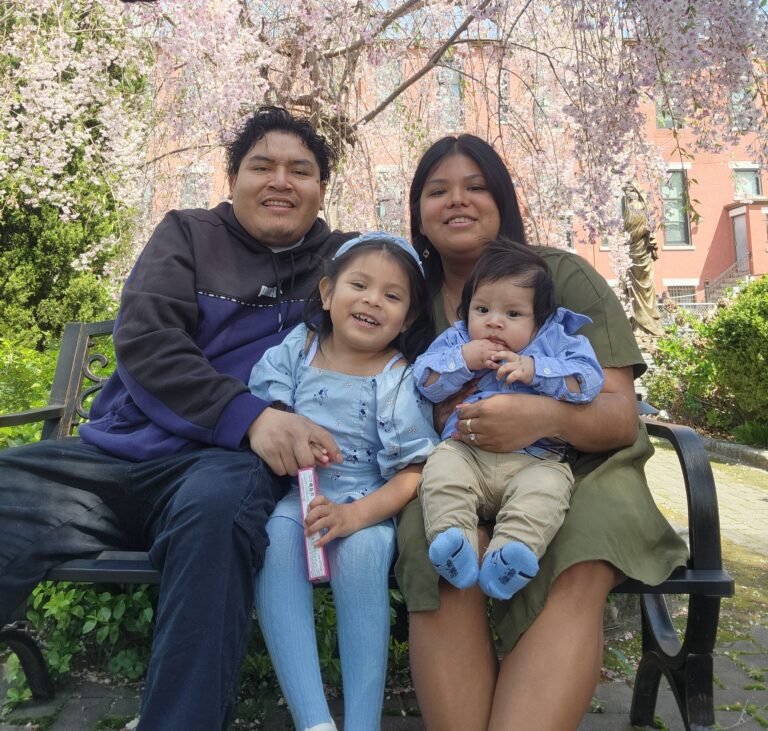
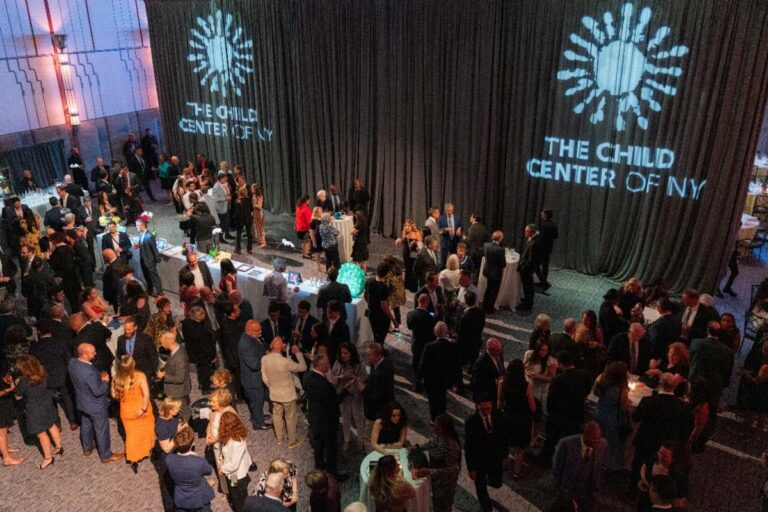
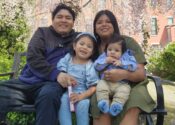
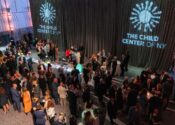


You must be logged in to post a comment.